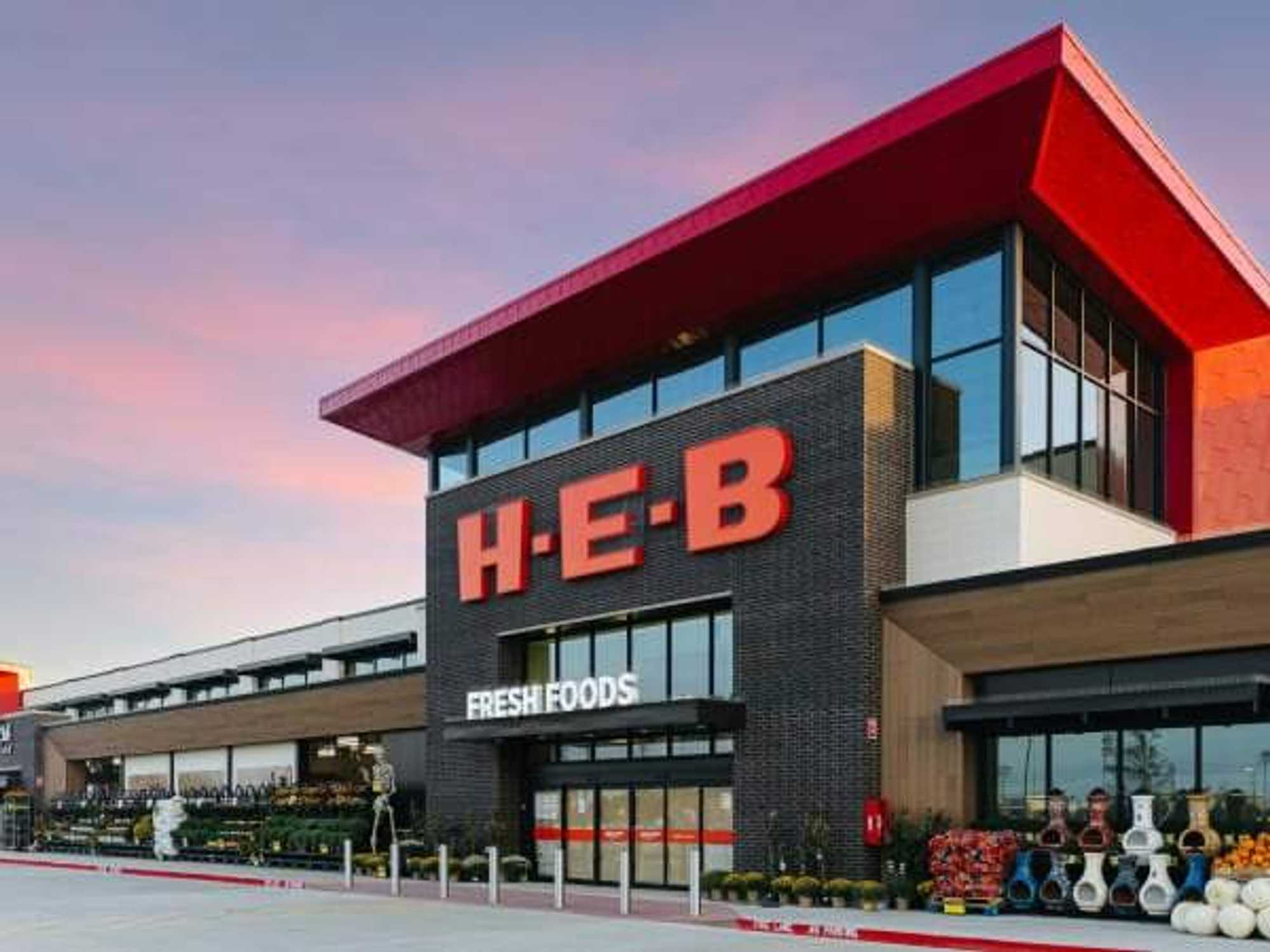Convention News
Reducetarian Summit had to be unlikeliest convention in Dallas ever

Reducetarian Summit
Dallas likes to promote itself as a great place to host conventions, but one of the most unpredictable would have to be the Reducetarian Summit, which took place at the end of October at the Fairmont Hotel in downtown Dallas, where 500 people from around the world met to brainstorm on ways to reduce consumption of animal products.
Unpredictable because Dallas is overrun with steakhouses, and Texas is all about the consumption and production of meat, including being the top beef producer in the U.S. Yee-haw meat, and all that.
So, not the friendliest setting for an event that advocates cutting back on meat — but that was the point, said Reducetarian founder Brian Kateman.
"We could go to New York or Los Angeles, and draw a bigger crowd, and we have done that," Kateman said. "But we want to go to the places where these ideas are not yet as popular."
Kateman founded the organization in 2015 with a goal to reduce consumption of red meat, poultry, seafood, eggs, and dairy. The key word is "reduce," and it's a controversial stance for vegans who abstain from animals entirely — some of whom protest the concessions that the Reducetarian stance allows.
The Reducetarian outlook is pragmatic, with an awareness that an all-or-nothing approach can be intimidating. Kateman's theory, which he also published in a book called The Reducetarian Solution, is that a more flexible attitude that encourages "less" rather than "none" has the potential to win over more converts.
In his keynote speech, he emphasized four major points:
- Getting a lot of people to reduce consumption has a bigger impact than getting a small number of people to swear off entirely.
- It's about incremental change. The idea is to "celebrate and not berate".
- All motivations matter — whether you're trying to stop cruelty or get healthier or save the environment, they're all equally good reasons.
- The Reducetarian movement works to be an umbrella to all efforts: vegetarianism, veganism, pescetarianism, flexitarianism.
The three-day conference included panels, lightning talks, workshops, and fireside chats, with tech entrepreneurs, investors, philanthropists, journalists, environmentalists, animal advocates, nutritionists, academics, students, and non-profits, with nearly 100 speakers, panelists, and exhibitors.
That included a number of Texans such as Troy Gardner, owner of TLC Cafe in Richardson, Brandon Waller of Bam's Vegan, and Brett Christoffel from All Y'All's Foods, maker of It's Jerky Y'all vegan jerky, plus professors from TCU, University of Texas, and even Texas A&M.
Topics included buzzy concepts such as "blended meat," the practice of combining meat with other ingredients to use less meat, such as a burger made with ground beef and diced mushroom. There were talks on how factory farming affects workers and communities, documented so effectively in the 2022 film The Smell of Money, and a panel called "Waste Not, Want Not: How to Decrease Animal Products That Aren't Even Eaten" (leather etc.).
One of the best parts of the event was the emphasis on networking, with different techniques to help people connect including creating makeship groups of 10 people, who would introduce themselves and share their reason for attending. It gently "forced" everyone to interact, resulting in a sense of community that was a valuable takeaway. I may have only exchanged a sentence or two with Nitish Pahwa, writer from Slate, or Cameron Harsh, director of programs at World Animal Protection, but I feel like I know them now.
Last but not least was the food, with an expo showcasing plant-based, fermented, and cell-cultured food and related services.
This was the 10th anniversary of the event, and Kateman said that even as someone who'd been involved from the beginning, there were always new things.
"I think the point of the summit is that there is probably the opportunity to learn something you don't already know," he said.
